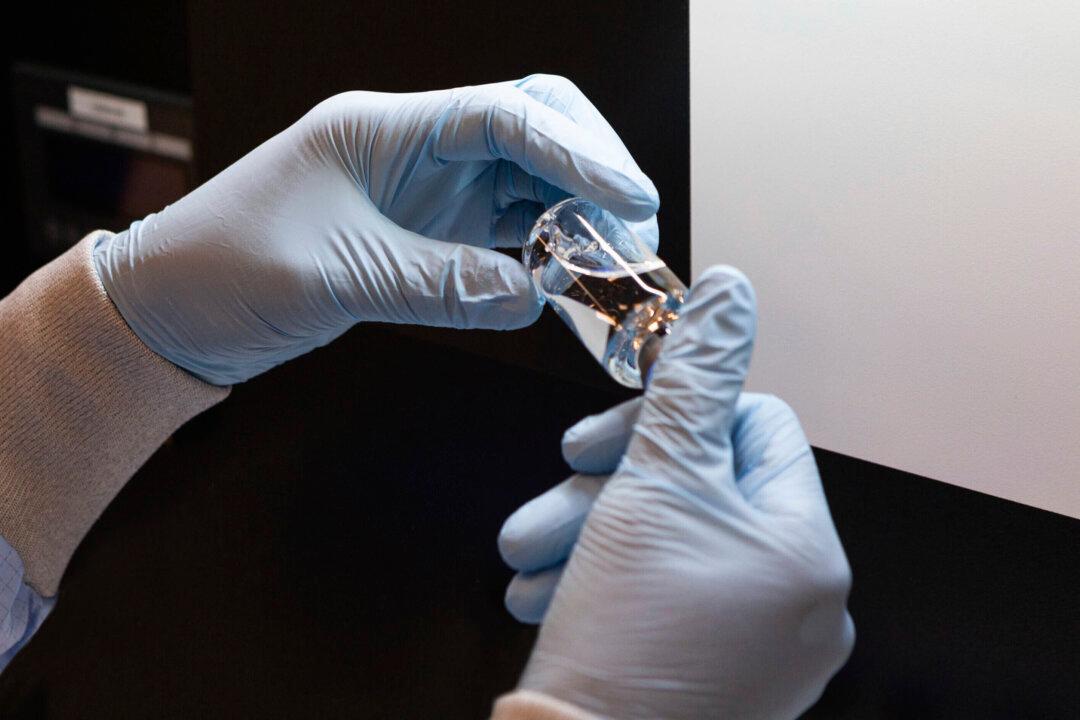The antiviral drug remdesivir sped up recovery from COVID-19, but researchers said the drug requires a supplement and showed little benefit in many groups of patients, peer-reviewed data from a study promoted by health officials shows.
The data shows that the experimental drug shortened the average time to recovery from 15 days to 11 days. One group was given a 10-day course of remdesivir intravenously while another was given standard care and a placebo.






